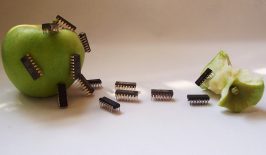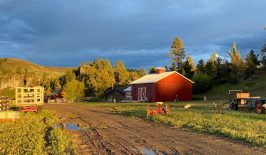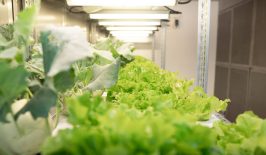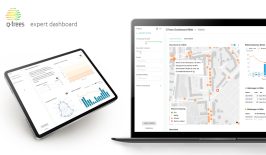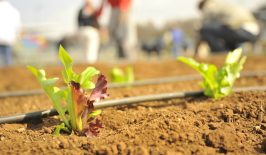Hier die Begründung der Jury:
RWE (npower), Goldman Sachs and derivatives lobby group ISDA have been given the dubious honour of being named the Worst EU Lobbyists of 2010. The results of the dual climate and finance categories of the Worst EU Lobbying Awards 2010 were revealed today during a ceremony outside the ISDA office in Brussels. Citizens across Europe participated in an online public vote for the most deserving of the climate and finance nominees. Voters sent a clear message to EU transparency and ethics Commissioner Maroš Šefčovič that a major clean-up of the Brussels lobbying scene is urgently needed, and it’s time the European Commission put public interest above the commercial interests of large companies.
In the climate category [3], German energy giant RWE’s subsidiary npower, nominated for claiming to be green while lobbying to keep its dirty coal- and oil-fired power plants open, won with 58% of the total vote. BusinessEurope, nominated for its aggressive lobbying to block effective climate action in the EU while claiming to support action to protect the climate, took second place with 24% of the total votes and Arcelor-Mittal, the steel Industry “fat cat”, came in third with 18% of the total votes.
Nina Katzemich, speaking for the organisers of the 2010 Worst EU Lobbying Awards, said: „These awards show that people around Europe are fed up with deceptive lobbying practices used by big business when it comes to climate regulation. RWE claims to be green but has pulled out all the stops to keep its dirty power plants open, promoting their profits over public interests. If the European Commission is serious about tackling climate change, it must stop listening one-sidedly to corporations. It can make a new start – now, in Cancun.”
In the finance category [4], Goldman Sachs and derivatives lobby group ISDA, nominated for aggressive lobbying to defend their ‘financial weapons of mass destruction’, took first place with 59% of the total vote. Royal Bank of Scotland (23%) took second, nominated for secretly lobbying in Brussels and for exploiting insider contacts. Hedge funds and private equity lobby groups AIMA and EVCA (18%) took third, nominated for deceptive lobbying to block regulation of damaging speculation in the financial sector.
Paul de Clerck, speaking for the organisers of the 2010 Worst EU Lobbying Awards, said: “Despite the unprecedented crisis following the financial meltdown, intense lobbying by large banks and investment firms continues to delay and seriously water-down much-needed regulatory reforms. While people around the world are suffering severe consequences, corporate lobbyists are blocking any measure that could limit the massive profits of banks. This is unacceptable. We call on the European Commission to put an end to the privileged access granted to big business, for instance limiting their access to EU advisory groups on future financial regulation.”
The awards are part of an ongoing campaign to expose and counter dirty lobbying tactics and privileged access impacting on EU decision-making. For more information about this year’s nominees, and to follow future developments, please visit: www.worstlobby.eu
For more information, see http://www.worstlobby.eu/



